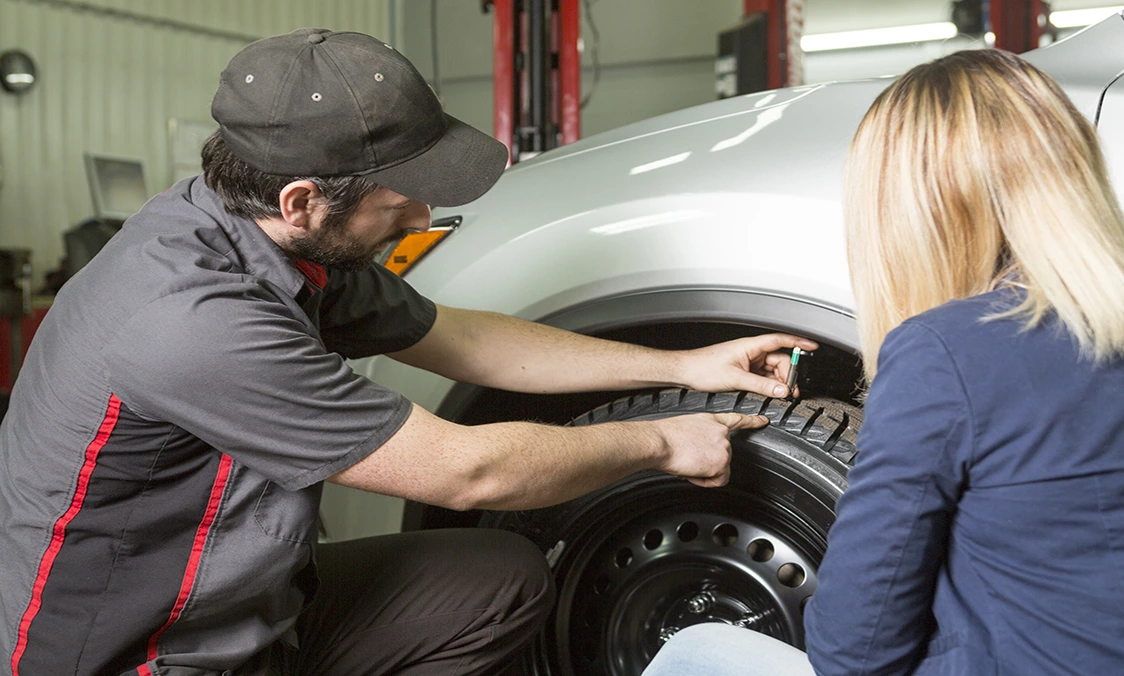The Little Valve that Could (PCV Valve Replacement)
February 19, 2023
It's easy to get letters like PVC and PCV mixed up. PVC is a plastic that's used in a lot of things, especially plumbing pipes. And PCV is a valve that helps your engine burn off excess fumes rather than having them pollute our atmosphere.
PCV stands for positive crankcase ventilation. When your engine ignites gasoline in the cylinders, some of the gases produced make their way into the crankcase, where oil is held to lubricate the engine. In earlier days, those gases would be vented out through a hose and go directly into the air. It was a waste of gasoline (since about three-fourths of the gases were unburned fuel) and a nasty source of pollution.
So engineers devised a one-way valve that directed those gases back into the engine's air intake system to be burned again. After a while, the PCV valve can get clogged up with gummy oil. Not only does that reduce the recirculation of the gases, but it can also cause pressure in the crankcase to increase and possibly lead to an oil leak.
Signs your PCV valve has failed are oil leaks around the engine compartment or under your vehicle and poor engine performance. Your fuel economy will get worse. If you notice those signs, we can check your PCV valve.
At the same time a technician inspects the PCV valve, they'll also check the vacuum hose that runs back to the air intake. Plus, they'll make sure the vehicle doesn't have any other engine problems that might be contributing to your issues.
Many technicians recommend replacing your PCV valve with each major tune-up, so you get ahead of any problems before they develop. Now that you're an expert on PCV, it may be time to check out those PVC pipes in your bathroom!
TLC Custom Exhaust Brakes & Tires
1735 N Main St
Royal Oak, Michigan 48067
248-541-8300
http://www.tlcautocareroyaloak.com
Need Service?
More articles from TLC Auto Care

Oil Times are a-Changin' (Oil Change Synthetic)
May 12, 2024
When it comes to oil changes, things are really changing. Most newer vehicles require synthetic oil, and while it costs more than conventional oil, it doesn't need to be changed as often. When conventional oil was the only game in town, you changed your oil every 3,000 miles/5,000 km. But as tec... More

Steering You Right (Power Steering Signs of Problems)
May 5, 2024
Nearly every modern vehicle on the road today has power steering, a wonderful invention that makes steering take far less effort than it did in the "good old days." Today, we take our steering for granted: until something goes wrong, that is. Most power steering these days is rack-and-pinion, th... More

The Light Nobody Wants to See (Check Engine Light)
April 28, 2024
You've probably had your Check Engine Light go on. Then it goes off and you figure, hey, whatever the problem was, it's gone now and I don't have to worry about it. Well, the problem may have gone away and it may not have. Your vehicle likely has one of these warning lights on the instrument pa... More










